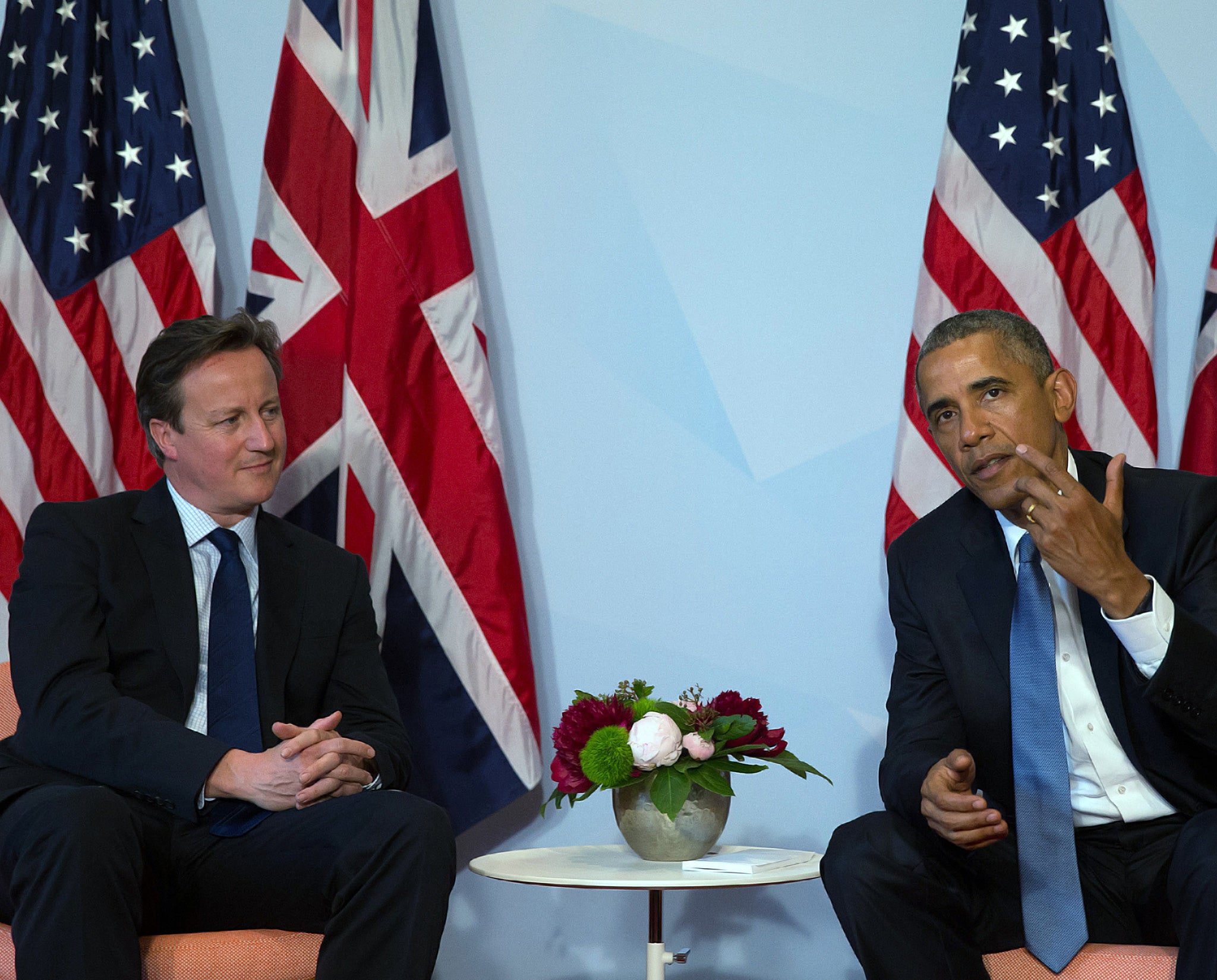G7 summit: President Assad could face exile in Russia and the West's plan to tackle Isis in Syria
The summit suggests there is some common ground with Russia on the issue

Your support helps us to tell the story
From reproductive rights to climate change to Big Tech, The Independent is on the ground when the story is developing. Whether it's investigating the financials of Elon Musk's pro-Trump PAC or producing our latest documentary, 'The A Word', which shines a light on the American women fighting for reproductive rights, we know how important it is to parse out the facts from the messaging.
At such a critical moment in US history, we need reporters on the ground. Your donation allows us to keep sending journalists to speak to both sides of the story.
The Independent is trusted by Americans across the entire political spectrum. And unlike many other quality news outlets, we choose not to lock Americans out of our reporting and analysis with paywalls. We believe quality journalism should be available to everyone, paid for by those who can afford it.
Your support makes all the difference.President Assad could be forced into exile as part of a deal between Russia and the West to combat the rise of Isis in Syria, under plans discussed at the G7 Summit in Germany.
Despite continuing tensions with Russia over Ukraine diplomatic sources at the summit suggested that there was new common ground between the West and Moscow on the need for a diplomatic solution to the impasse in Syria.
The deteriorating situation on the ground both in Syria and Iraq dominated Sunday night's leaders' dinner at the Schloss Elmau resort while it also figured in bilateral talks between David Cameron and President Obama.
Downing Street said after the meeting that while significant problems remained the potential for a deal which would see some sort of limited regime change in Damascus was greater than it had been for more than a year.

"We don't want to overplay it but there is a greater sense that a political solution is possible than there has been for many months," said the source.
At the end of the Summit the German Chancellor Angela Merkel suggested that it was "very desirable" for the G7 to work "in tandem" with Russia to find a solution to Syria and described Moscow as an "important player" despite ongoing tensions over Ukraine.
The new optimism ironically stems from the continued success of Isis against Syrian Government troops along with the failure of the Western backed so-called moderate opposition.
This had led both Russia and the US to conclude that the only way to take on Isis in the long term is to accept the need for a new Government in Damascus that is broadly acceptable to both countries and that can be supported militarily in the fight against extremism.
Such a deal could result in President Assad being granted asylum outside the country but with large parts of the current regime remaining intact under new leadership.
Downing Street confirmed that Isis had dominated the hour long discussion between Mr Obama and Mr Cameron and expressed cautious optimism that compromise might be possible.
"There was a pretty frank and realistic exchange (between the two leaders) about the situation on the ground in terms of the moderate opposition and their ability to take or be holding ground from either the regime or from Isil," they said.
"But they were both a bit more optimistic about the political process.
"The idea is that it might be possible to work with the Russians on a transition with a different leadership in Syria.
"The Prime Minister has spoken to President Putin about this and it was also discussed by the American Secretary of State John Kerry when he visited Russia recently.
"I think that the actual situation on the ground in Syria with the way Isil are operating there is making the Syrian regime reflect upon their position.
"We wouldn't overplay it. We realise that there is still a long way to go but to an extent there is an opportunity to try and put and put some momentum back into this in the way that there has not been for the last year or so."
But compromise with Russia over Syria is unlikely to result in any immediate relaxation towards President Putin on Ukraine. The summit concluded with a statement insisting that sanctions could only be lifted when Moscow fully implemented the Minsk agreement.
Join our commenting forum
Join thought-provoking conversations, follow other Independent readers and see their replies
Comments